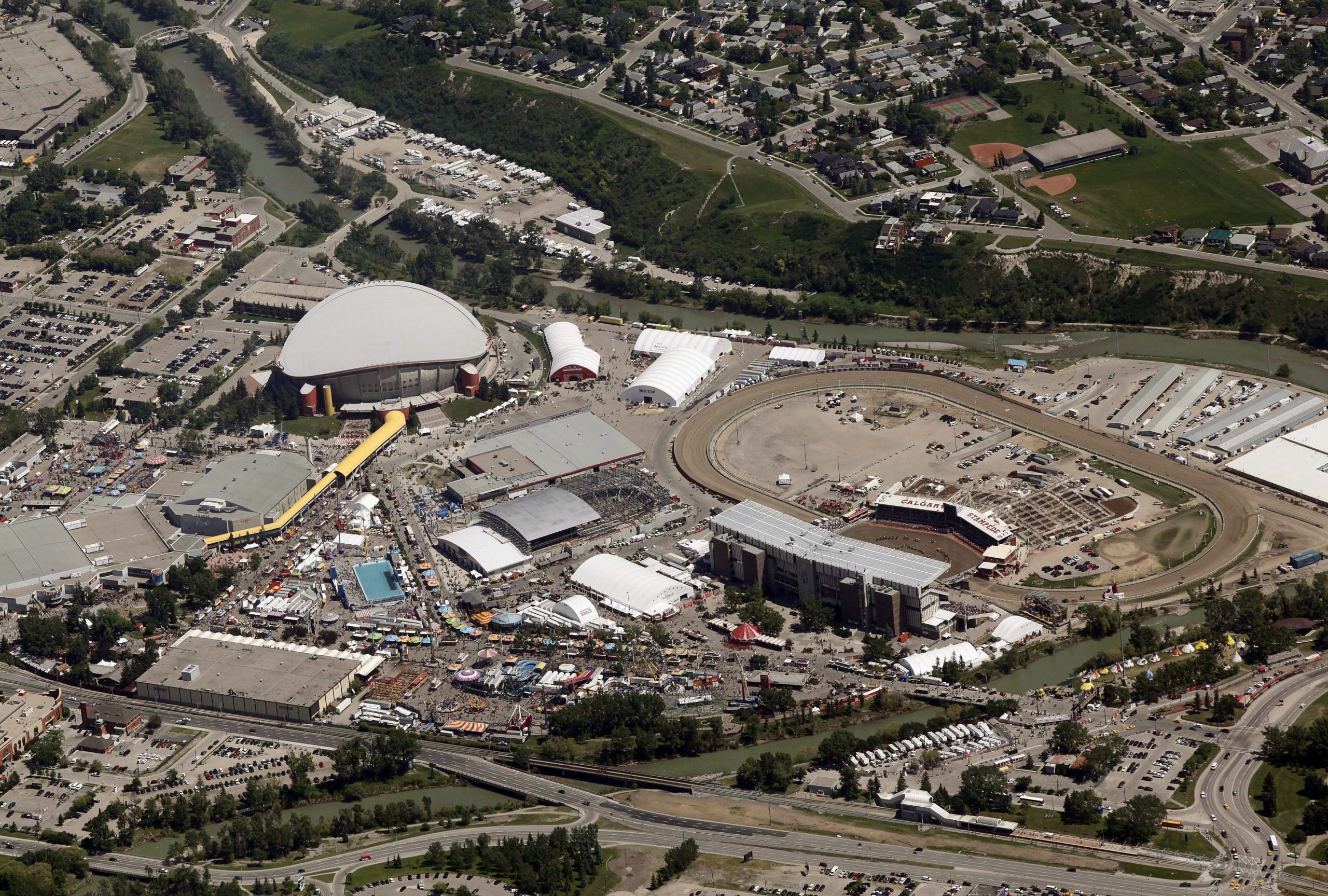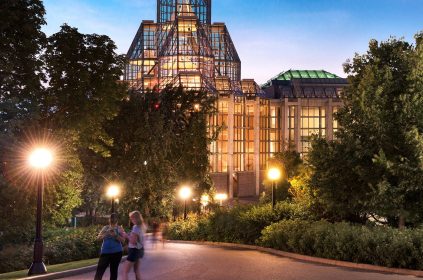CALGARY — Hotels. Convention centres. Even rodeo grounds.
Courts across the country are working to figure out how — and where — to resume jury trials this fall after months of delay caused by the COVID-19 pandemic.
The Alberta Court of Queen’s Bench has decided that jury selection and trials will restart next month. In Edmonton, they’ll take place at a centre for writing diploma exams.
Lawyers will replace cowboys at Calgary’s Stampede grounds, where the Big Four events building and rodeo grandstand will be used.
The Alberta court says an assessment of its facilities showed that courtrooms and jury retiring rooms, with very few exceptions, are too small to allow for physical distancing.
“What’s happening in Alberta is not unusual. I imagine it’s going to be happening throughout the country,” said Toronto lawyer Bill Trudell, president of the Canadian Council of Criminal Defence Lawyers.
“We have to get these jury trials back on. People need their trials,” he said.
“But we also have to remember not only the safety of the participants but also the jurors. Those unusual steps in an unusual time are not unusual.”
Trudell said jury selection in Toronto has been shifted to the convention centre, but no decision has been made yet on where trials will be held.
In British Columbia, non-jury trials are taking place in some civic centres, but what lies ahead when it comes to juries is still in the works, he said.
In Saskatchewan, Chief Justice Martel Popescul indicated this summer that the Ministry of Justice was exploring options that include hotels, educational facilities and convention centres to accommodate jury trials.
Mark Farrant of Toronto, who founded the Canadian Juries Commission to advocate for people who are called to serve, is worried about the move.
“This has been something that all provincial attorneys general and ministries have been musing about for some time. I’m concerned chiefly with those types of options with juror safety and juror security,” Farrant said.
He said there is a need for physical distancing between jurors, but he’s concerned about their safety from outsiders if not in a courtroom.
Even in regular courtrooms, where jurors exit and enter safely and securely, there can be risks, he said.
“In high-profile criminal trials … members of criminal organizations often sit in the courtroom supporting their brethren,” Farrant said.
“There are umpteen cases in evidence of jurors being stalked and followed to their cars and even followed home. That worries me a lot.”
Veteran Calgary defence lawyer Balfour Der said holding jury trials or selections outside a regular courtroom may be an inconvenience, but it’s not unheard of.
“I’ve done trials in the Elks Lodge in a small town in northern Saskatchewan. I’ve done a jury selection for a very notorious murder case in Yorkton, Sask., in the civic centre, because it was the only building that could house the 500 potential jurors,” Der said.
“It’s really not a big deal as far as I’m concerned. I don’t think security will be a problem, because there’s going to be a number of sheriffs present for that type of accused.”
This report by The Canadian Press was first published Aug. 21, 2020
— Follow @BillGraveland on Twitter
Bill Graveland, The Canadian Press













